Thyme oil has strong antibacterial properties, including against Propionibacterium acnes, a bacterium that causes acne.
Compounds in thyme oil, including caryophyllene and camphene, are powerful antiseptics that can guard wounds against infections.
Thyme essential oil is known for benefitting the circulatory system, heart, digestive system, nervous system, muscles, and skin, as well as boosting immunity.
As a cicatrisant, thyme oil may help with the removal of scars and other skin marks, such as those left by acne, chicken pox, and other sores.
Thyme oil is very effective against insects and pests. It can be used to repel mosquitoes, fleas, lice, bed bugs, flies, beetles, moths, and more. Thyme oil can stimulate your circulation, digestion, secretion of hormones, and your entire metabolism.
A tincture made from thyme is always more effective against the bacterium than tinctures made from marigold or myrrh.
In addition, the thyme tincture had a stronger antibacterial effect than the common acne treatment benzoyl peroxide. The word thyme comes from the Greek word ?thumos? which means smell, due to the rich fragrance of the plant.
The ancient Egyptian medical text, the Ebers Papyrus, dating around 1550 BC, makes reference to the healing virtues of thyme.
Egyptians used thyme (they called it ?tham?) as one of the herbs in the embalming and mummification process. Medieval herbalists revered thyme for its ability to keep a wound safe from infection, and for healing bronchial infections.
They even used it for tucking under the pillow for deeper sleep and warding off bad dreams. Thyme has one of the highest antioxidant levels among herbs.

 Shop
Shop Beauty Care
Beauty Care Grocery & Gourment Foods
Grocery & Gourment Foods Baby Care
Baby Care Pet Products
Pet Products +91 9790 666 400
+91 9790 666 400 Home
Home Login
Login Cart (
Cart ( 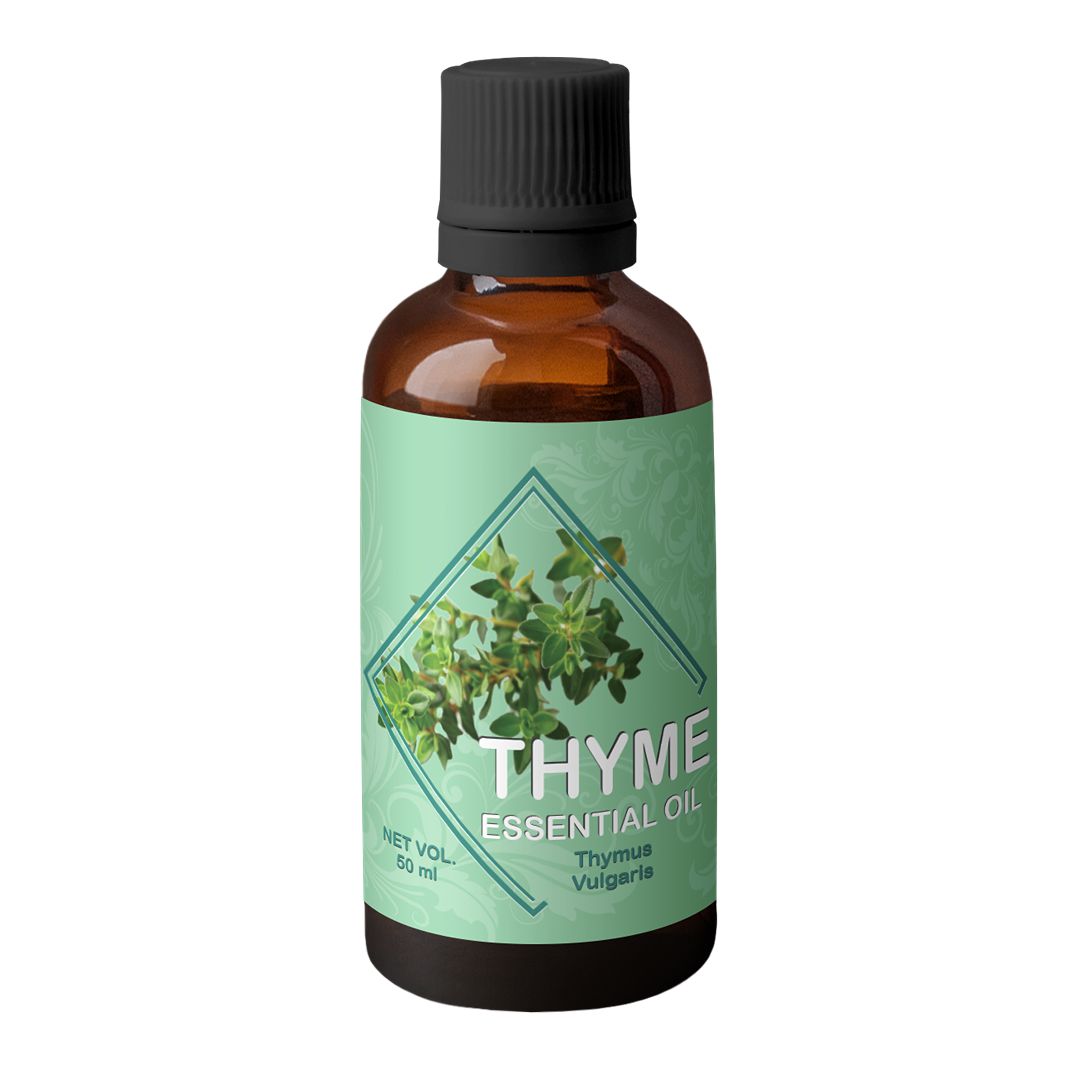
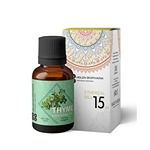
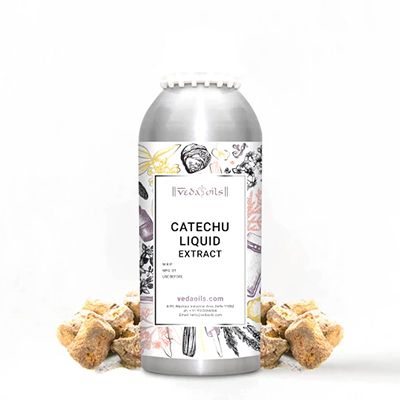
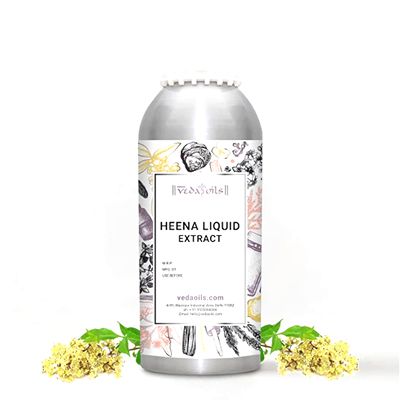
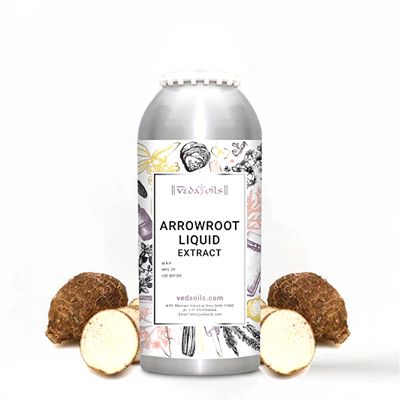
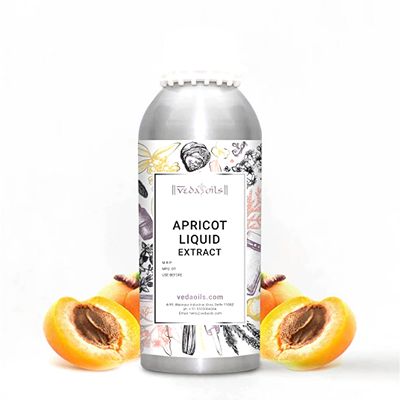
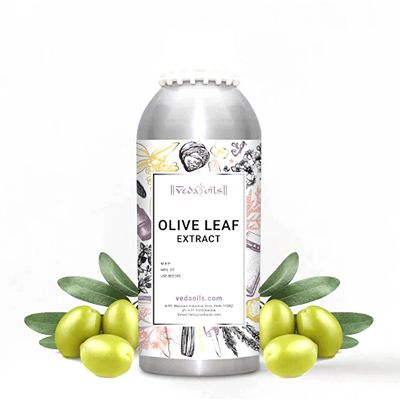
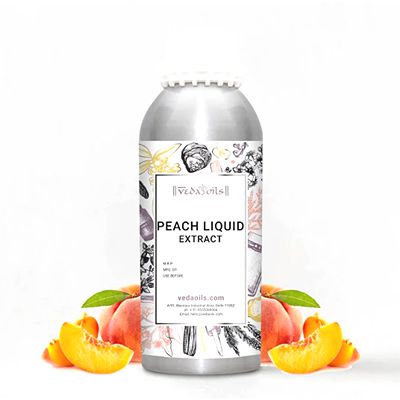
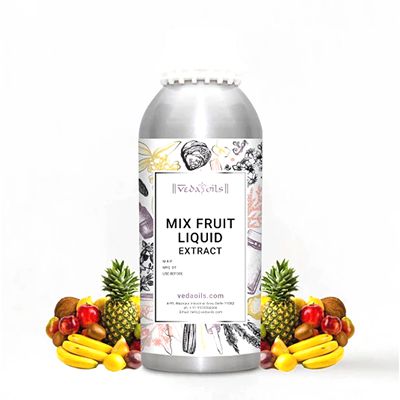
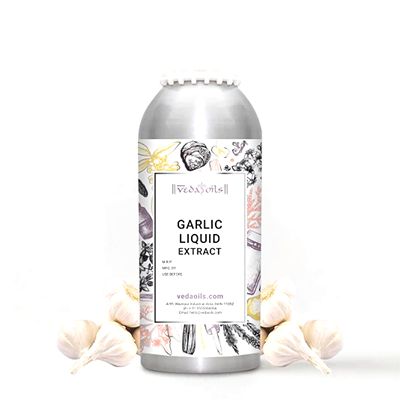
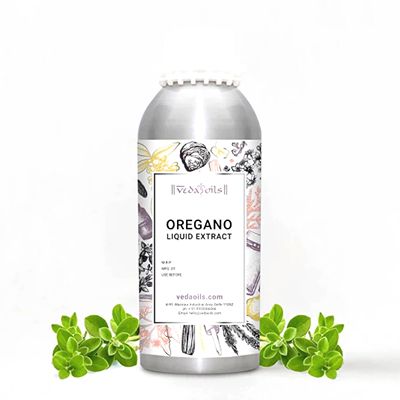
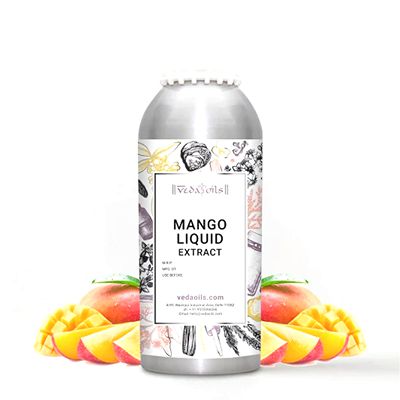
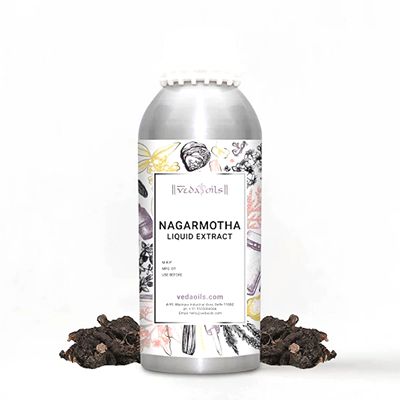
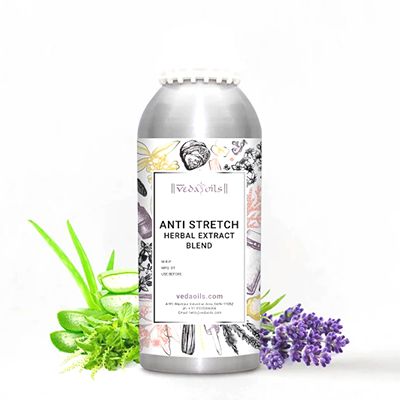
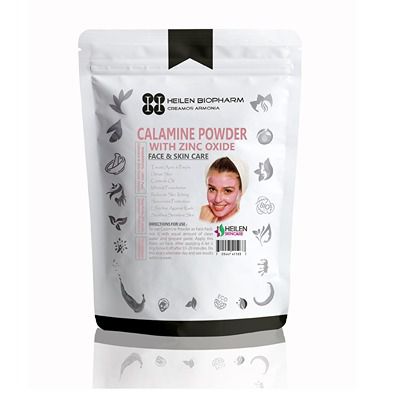
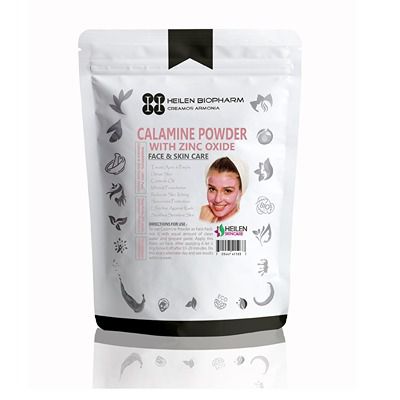
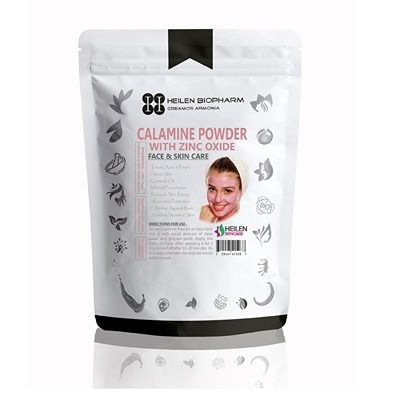
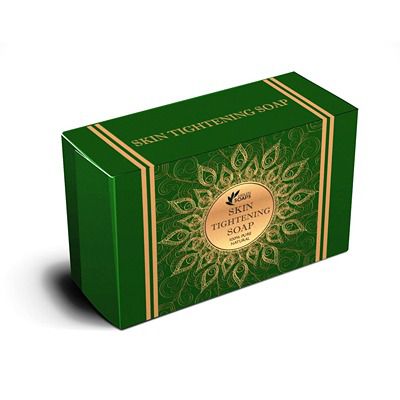
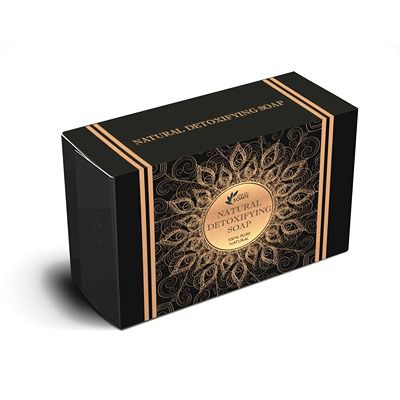
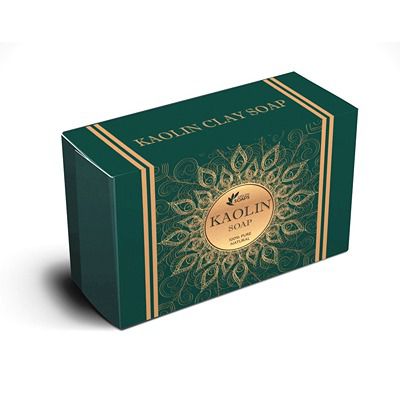
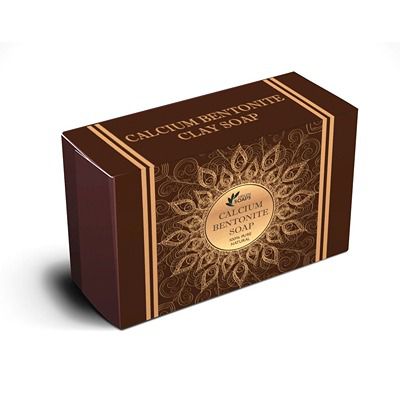
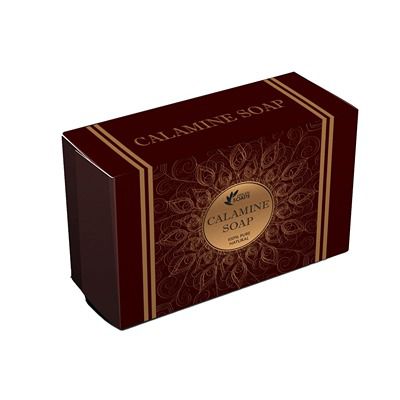
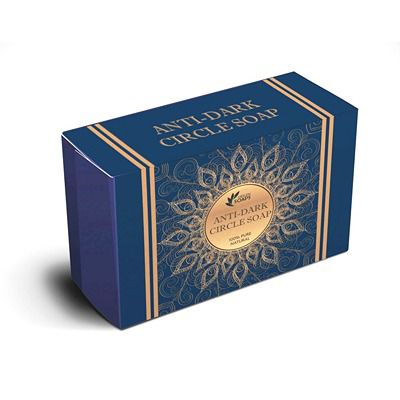
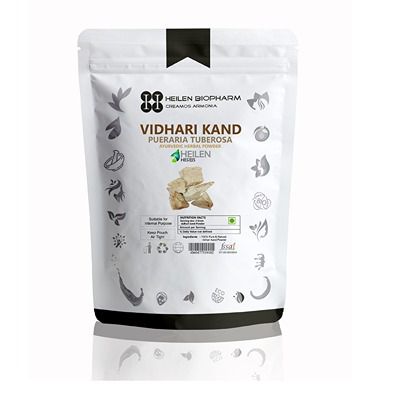
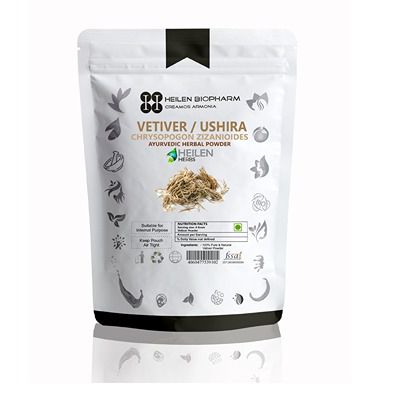
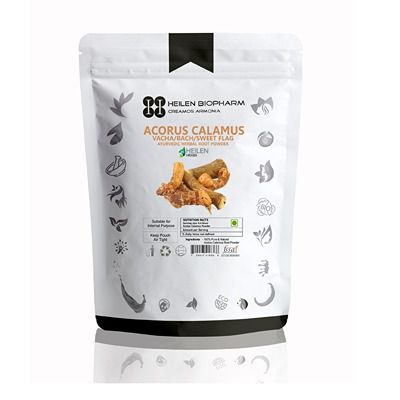
Add a review